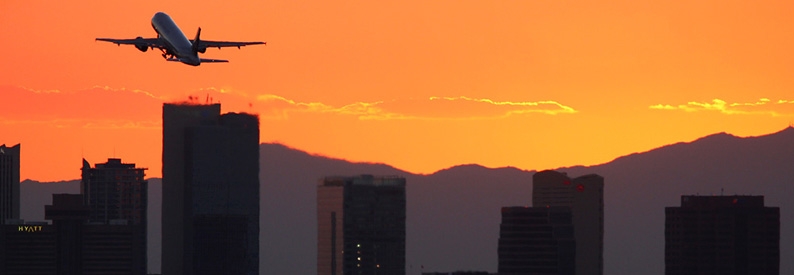French Government Plans to Triple Aviation Taxes

The French government is expected to introduce a significant increase in aviation taxes as part of its strategy to tackle a EUR60 billion (USD65.5 billion) budget deficit. According to reports in prominent French news outlets, including Les Echos and Le Monde, the proposed changes will be part of the 2025 finance bill. The so-called “solidarity tax” on airline tickets could see an additional EUR1 billion (USD1.09 billion) burden placed on the aviation industry.
The proposed tax hikes are primarily targeted at long-haul flights. For business class passengers traveling more than 5,000 kilometers, the tax would triple from EUR60 (USD65.5) to EUR200 (USD218) per ticket. Meanwhile, economy class passengers would face an increase from EUR7.50 (USD8.19) to EUR60. The impact on business aviation is expected to be even more severe, with the tax for long-haul business flights rising to EUR3,000 (USD3,276) per passenger.
This aviation tax, often referred to as the “Chirac tax,” was originally introduced in 2006 by the late President Jacques Chirac. Its original purpose was to generate revenue to support the global fight against AIDS, particularly in Africa. However, the French government now appears to be repurposing the tax as a means to bridge its growing budget deficit.
The International Air Transport Association (IATA) has strongly criticized the proposed tax increases. Willie Walsh, IATA’s Director General, called the move “short-sighted” and urged the French government to conduct a thorough impact assessment before proceeding. Walsh argued that these additional taxes would harm France’s economy by stifling tourism and hindering job growth.
“The proposal smacks of panic and a lack of joined-up thinking,” Walsh remarked in a statement. “Aviation is a proven driver of employment and economic growth. You cannot tax your way to prosperity. These measures will only stifle growth, reduce employment, and set back France’s efforts to rebuild its tourism sector after the pandemic.”
Walsh also expressed concerns about how the taxes would impact France’s aviation industry, especially given the country’s ambitious tourism goals and ongoing efforts to transition to sustainable aviation fuel. He warned that extracting an additional EUR1 billion (USD1.09 billion) from the industry would hinder progress in these areas.
“Is the government aware that France has fewer passengers and serves fewer destinations than before the pandemic? And how does the Environment Minister plan to fund the costly transition to sustainable aviation fuels if the aviation sector is overburdened by taxes?” Walsh questioned.
These sentiments were echoed by the French national aviation union, Fédération Nationale de l’Aviation et de ses Métiers (FNAM). Pascal de Izaguirre, FNAM’s president, pointed out that taxes on domestic flights already account for 40% of the ticket price. He emphasized that adding further financial pressure could severely impact both the aviation industry and the wider French economy.
Walsh also highlighted Sweden’s recent decision to abolish its aviation tax, suggesting it as a more effective strategy to foster economic growth. He advocated for expanding the tax base across different sectors rather than disproportionately targeting aviation, a critical driver of employment and economic activity in France.
The aviation sector will now be closely watching the French government’s next steps to see if these tax proposals are implemented and what the long-term impact might be.
Sources: AirGuide Business airguide.info, bing.com, ch-aviation.com
